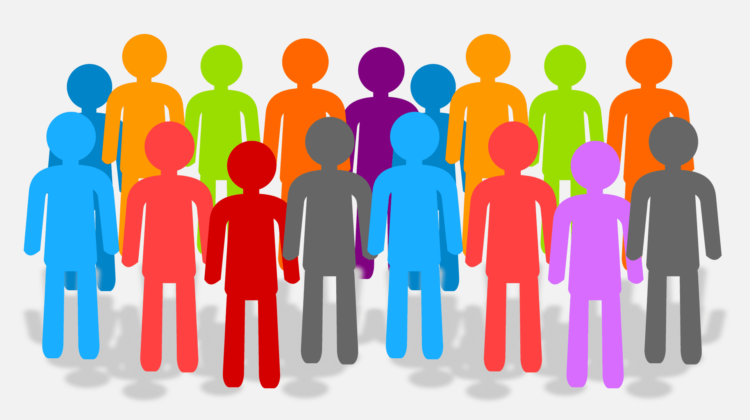
The Intersection of Race, Class, and Politics: Addressing Inequality in Society and Politics
In contemporary society, the interplay of race, class, and politics forms a complex web that significantly impacts the fabric of life. This multifaceted interaction, often underpinned by historical precedents and societal norms, has far-reaching implications on the distribution of power, wealth, and opportunities. In this article, we delve into how these forces intertwine and what it means for addressing inequality in both societal and political spheres.
Historical Context and Continuity
The historical context of race and class within politics cannot be understated. In many countries, particularly those with colonial pasts like the United Kingdom and the United States, racial and class divisions were institutionalised, forming the bedrock of social and political interaction. This legacy continues to influence contemporary policies and attitudes, perpetuating disparities in wealth, education, and political representation.
Race: A Pervasive Influence
Race remains a pervasive influence in society. Racial discrimination, both overt and systemic, continues to marginalise minority groups. In the United Kingdom, for example, the Windrush scandal highlighted how ingrained prejudices can manifest in governmental policies, affecting the lives of many. Similarly, in the United States, the Black Lives Matter movement has brought attention to systemic racism, particularly in law enforcement and the criminal justice system.
Class: An Overlooked Dimension
Class, often overshadowed by the more visible markers of race and gender, is a critical component of this triad. It determines access to resources, education, and upward mobility. The intersection of race and class is particularly potent: ethnic minorities are disproportionately represented in lower socio-economic brackets, exacerbating inequalities.
Political Representation and Policies
Political representation plays a crucial role in addressing these inequalities. However, minorities and the lower socio-economic classes are often underrepresented in political institutions. This lack of representation perpetuates a cycle where the interests of these groups are not adequately addressed in policy-making processes.
Efforts to Address Inequality
Addressing these inequalities requires concerted efforts across various sectors. In politics, this means ensuring fair representation and participation of all societal groups. Policies need to focus not just on economic upliftment but also on dismantling systemic barriers that perpetuate racial and class disparities.
Education as a Tool for Change
Education emerges as a powerful tool in this endeavour. Equitable access to quality education can provide a pathway for upward mobility, particularly for historically disadvantaged groups. Educational reforms should focus on not only access but also curriculum content, ensuring it reflects a diverse and inclusive history and societal structure.
Economic Policies: A Balancing Act
Economic policies play a pivotal role in addressing class disparities. Progressive taxation, living wage policies, and social welfare programs can help redistribute wealth and provide a safety net for the lower socio-economic classes. However, these policies must be carefully balanced to ensure economic growth and stability.
Social Movements and Grassroots Activism
Social movements and grassroots activism continue to be crucial in bringing about change. Movements like Black Lives Matter and Extinction Rebellion have shown the power of grassroots organisation in raising awareness and pressuring governments to act. Such movements also play a vital role in educating the public and fostering a more inclusive and empathetic society.
The Road Ahead
The intersection of race, class, and politics presents a complex challenge. It requires a multifaceted approach, encompassing policy reform, education, economic restructuring, and societal change. The path forward is not straightforward, but by acknowledging and addressing these intertwined issues, there is potential to create a more equitable and just society.
In conclusion, the interplay of race, class, and politics is a dynamic and evolving narrative. As society progresses, the need for continuous dialogue and action becomes increasingly apparent. Only through a concerted and holistic approach can we hope to address the deep-seated inequalities that pervade our societies and political systems.
Author: Anne D. Juhl
Socio-economic expert. She is an activist, human rights expert and writer. She trained in Denmark and now lives in New York where she puts her experience at the service of the minority community. Freelancer. Collaborates with The Deeping magazine on social and humanitarian issues
